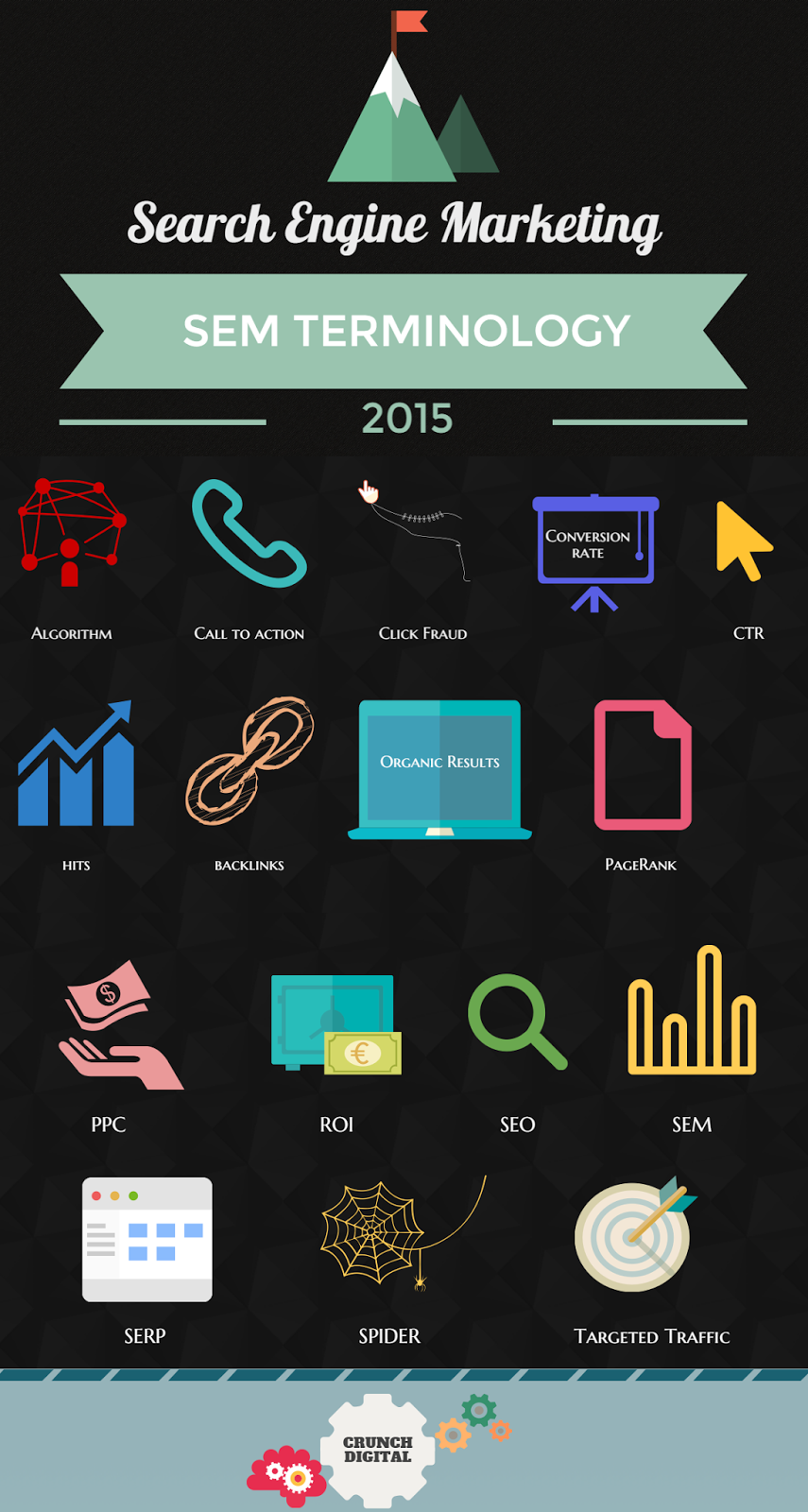Google+ provides quite an few helpful tools, a number of that are listed here −
SproutSocial − it's a management tool that allows you to manage social networking sites like Twitter, Facebook, Google+, etc. for your web site.
Buffer − You can schedule your updates in a very buffer calendar to line up and organize your posts.
Hootsuite − It's a social media dashboard that enables you to schedule, create, and keep track of your content. you'll manage multiple streams in one place.
Rival IQ − It's a challenger analysis tool that allows you to monitor your flow on Google+ thus on allow you to create the foremost of Google+.
Circle Count − It helps you explore circles and communities for your whole. It permits you to live the effectiveness of your content.
Circloscope − It helps to filter, remove, and un-circle inactive users. it's accessible in paid and free versions.
DoShare − it's a Google Chrome extension that allows you to write and schedule your updates on Google+ Page.
SproutSocial − it's a management tool that allows you to manage social networking sites like Twitter, Facebook, Google+, etc. for your web site.
Buffer − You can schedule your updates in a very buffer calendar to line up and organize your posts.
Hootsuite − It's a social media dashboard that enables you to schedule, create, and keep track of your content. you'll manage multiple streams in one place.
Rival IQ − It's a challenger analysis tool that allows you to monitor your flow on Google+ thus on allow you to create the foremost of Google+.
Circle Count − It helps you explore circles and communities for your whole. It permits you to live the effectiveness of your content.
Circloscope − It helps to filter, remove, and un-circle inactive users. it's accessible in paid and free versions.















